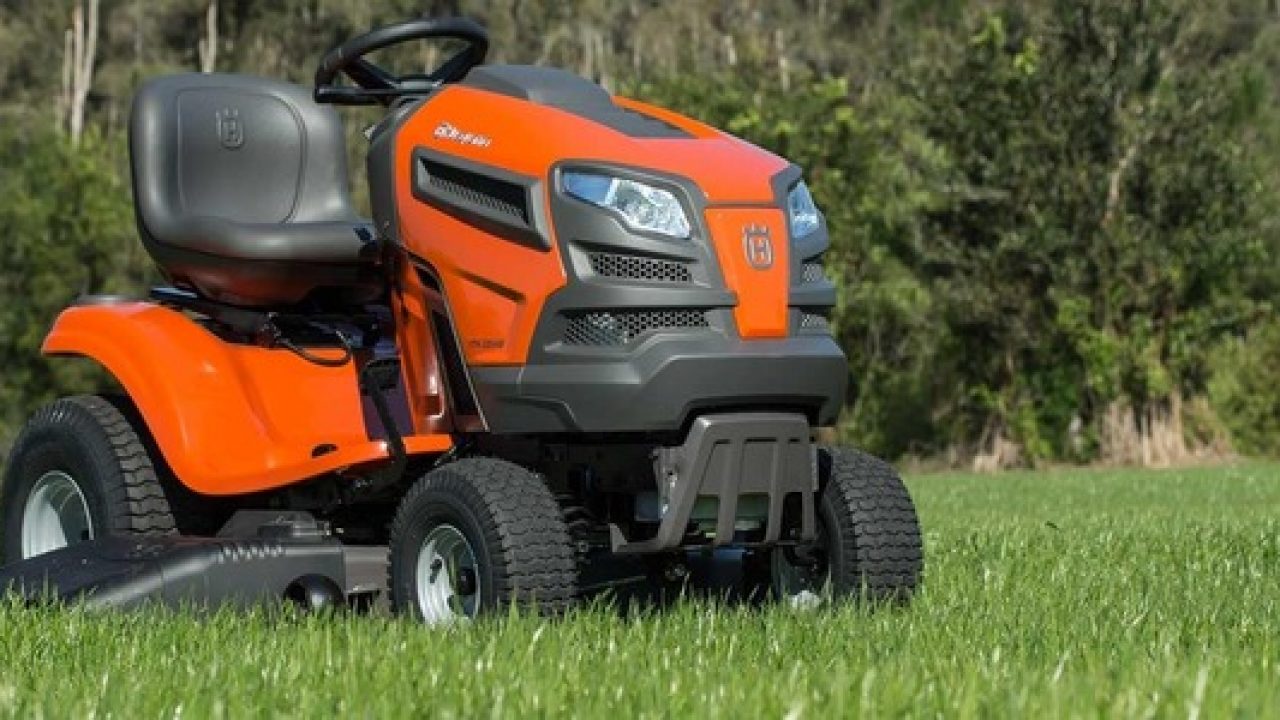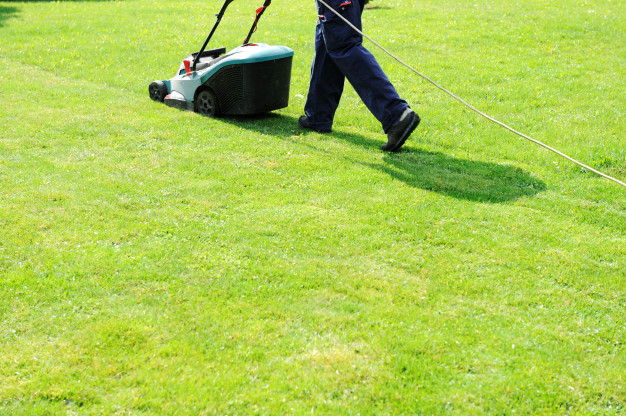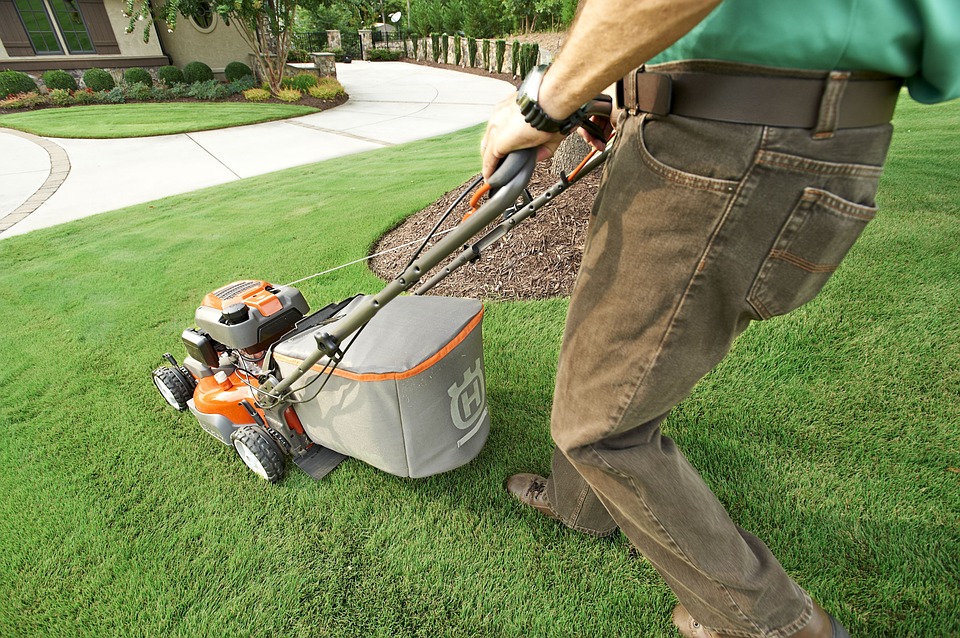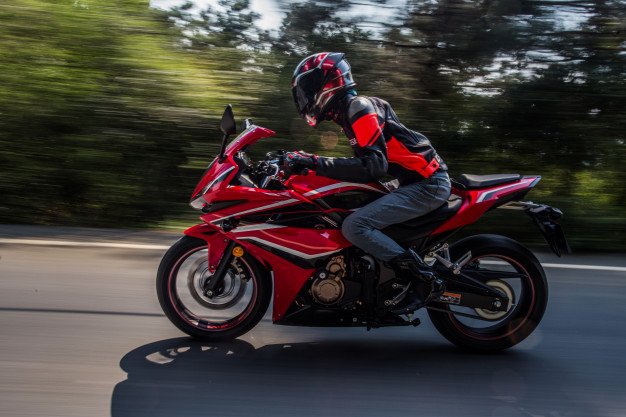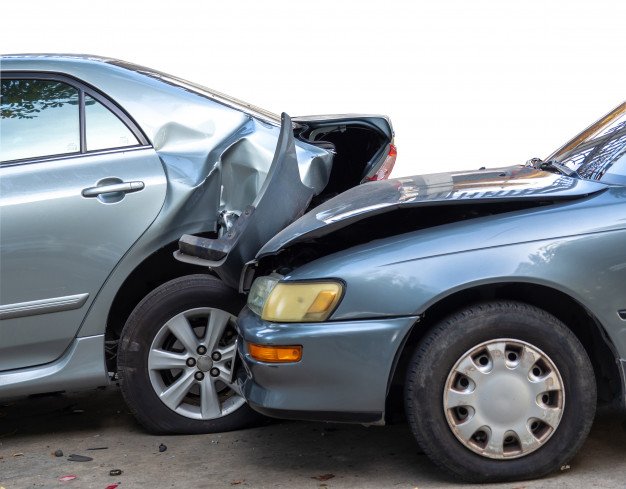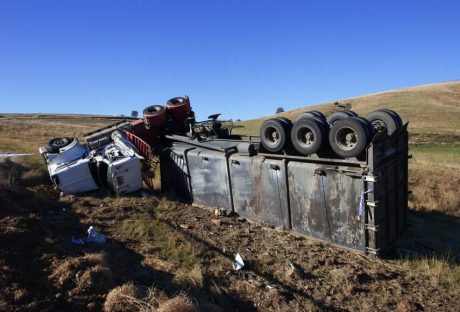Coming to a storehouse to look for lawnmowers, you can hardly find those, or these lawnmowers are the best choices on the first look. You will have to spend some time considering some specs they have. Otherwise, you will just end up in disappointment.
For you who own wide stretches of land, a lawnmower is no wonder an essential thing. Moreover, if you have hilly fields on your property, lawnmowers can serve as your savior in taking care of the grass. Then, how to make the best deal of the device? These tidbits will tell you.
Considerations in Choosing a Riding Lawnmower
Jumping into the purchase of a perfect lawnmower is not as easy as buying clothes. Having a high price, you surely do not want to choose the wrong lawnmower.
Here are some factors that you should count in before buying the device:
1. Transmission
Just like a vehicle, a lawnmower comes in two types of transmission: manual and automatic. If you opt for easier operation, then an automatic one should be your choice. Automatic riding lawn mowers are usually available in CVT or hydrostatic transmission. These lawnmowers will avoid you from manual shifting.
2. Power
Power is one of the most important considerations while selecting a riding lawnmower for your hilly property. It will determine the number of hills to handle. The best range of power is between 13 to 23 HP. The steeper hills you have in your lands, the more powerful lawnmower you will need.
3. Fuel Source
Most lawn mowers need gas or diesel as their fuel sources. Make sure you find out about this before choosing your lawnmower. Select the one whose fuel source becomes your best preference in terms of availability and efficiency.
4. Zero-turn Lawn Mower
A zero-turn technology will let you turn the lawnmower faster and smoother. It also allows you to turn in 180 degrees rotation. Lawnmowers with this spec will make the lawn tasks finish quicker. A consideration of these lawnmowers is a must.
5. Cutting Options
Cutting options deal with the deck height. Great lawnmowers have various deck heights from 1 to 4. The height will determine how short the grass can be cut. There are manual and electronic-featured lawnmowers to adjust the height.
Top 3 Riding Lawn Mowers to Purchase
The best riding lawn mowers are those who have as many as the aforementioned features. Some companies have launched their best products to the market. Here are the top 3 best devices for you to select.
1. Husqvarna Pedal Tractor Mower
This lawnmower owns 18.5 HP, making it a recommended device for the hilly area. It has a small yet wide deck. It also has multiple transmissions that let you change into various speeds. However, as the size of this lawnmower is considered small, it might take more time to mow a wide area of the field with this device.
2. Husqvarna Z242F Kohler Confidant
This Husqvarna type has all you need from a lawnmower. It has a 23 HP device, zero-turn technology, hydrostatic transmission, and comfortable back support on its seat. Unfortunately, Husqvarna offers merely a 3-year warranty for this lawnmower type.
3. Cub Cadet XT2 SLX50 Enduro Series
Cub Cadet provides a 50 inches deck on this lawnmower, letting you cover a large area quickly. It also has a hydrostatic transmission and a very high, comfortable backed seat. However, there is not much power on this device for it comes only at 679 ccs.
Simple research is all you need to do when you plan to buy a riding lawnmower. The above considerations should be counted in. That is the way to find out if those or these lawnmowers are the perfect choices you can have.
Check it out New post About the best hedge trimmers.
Read Also:













